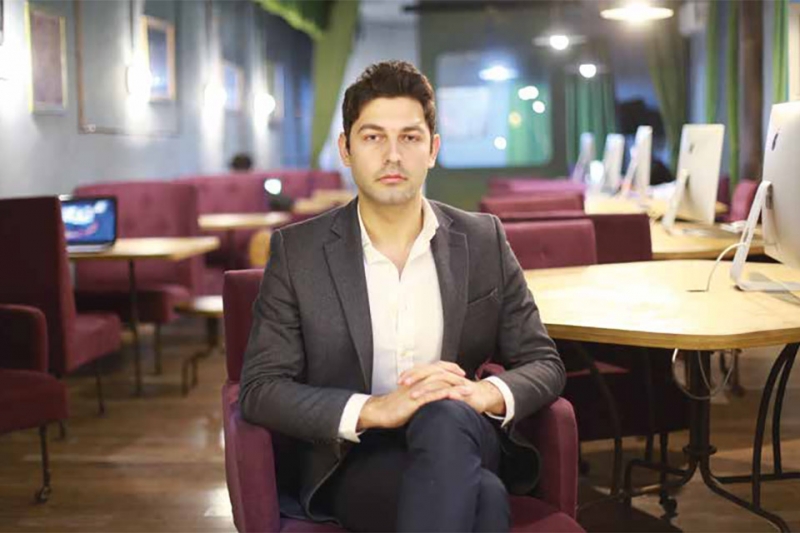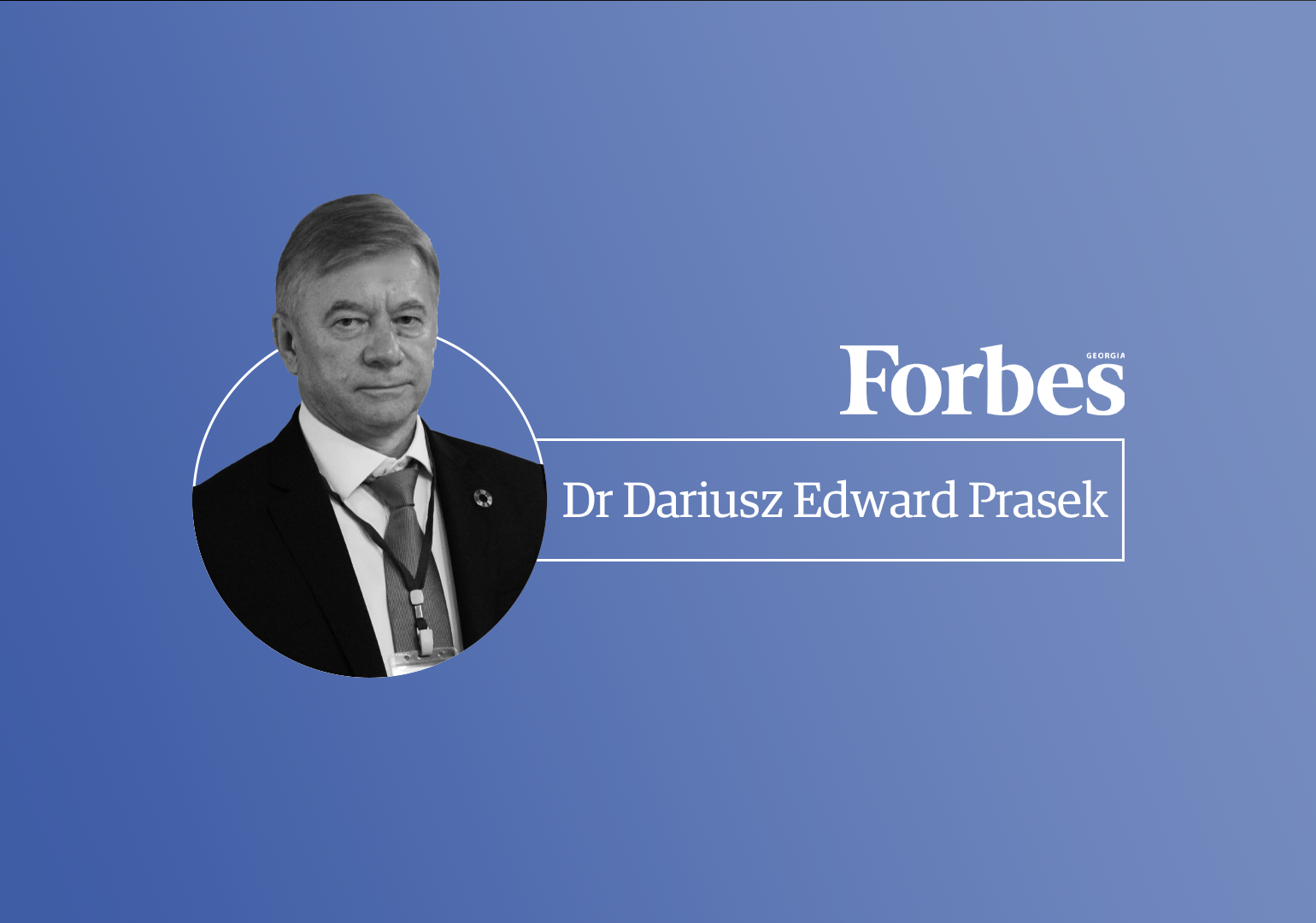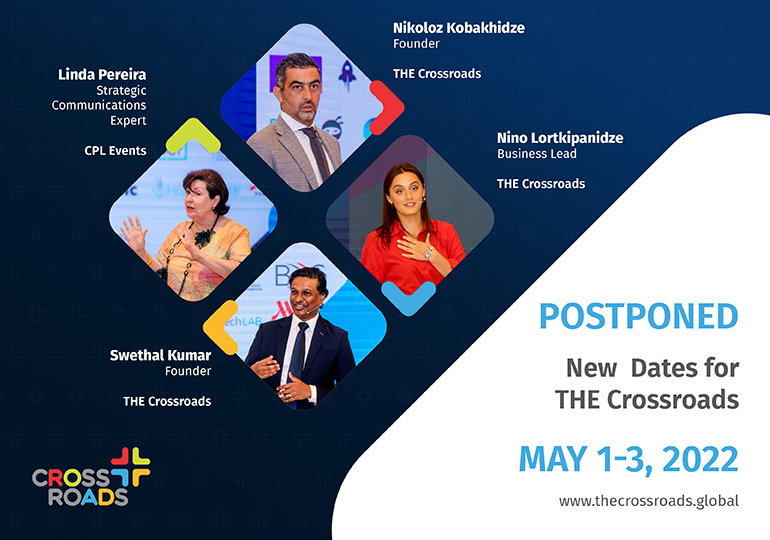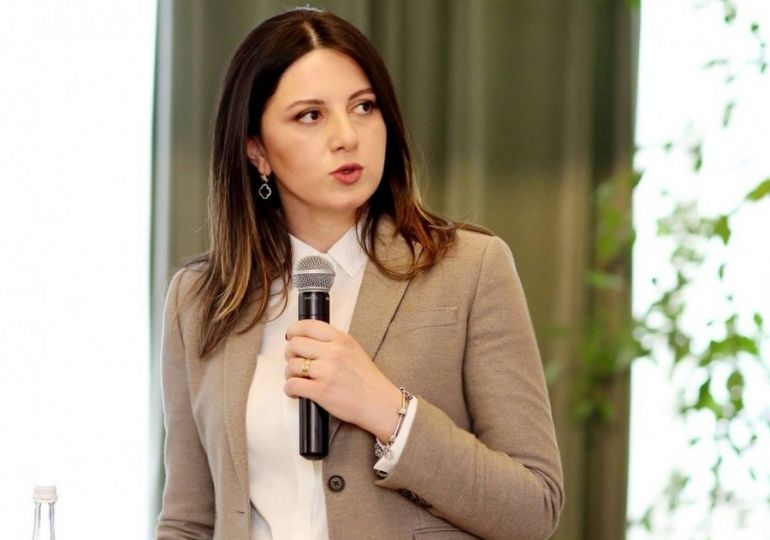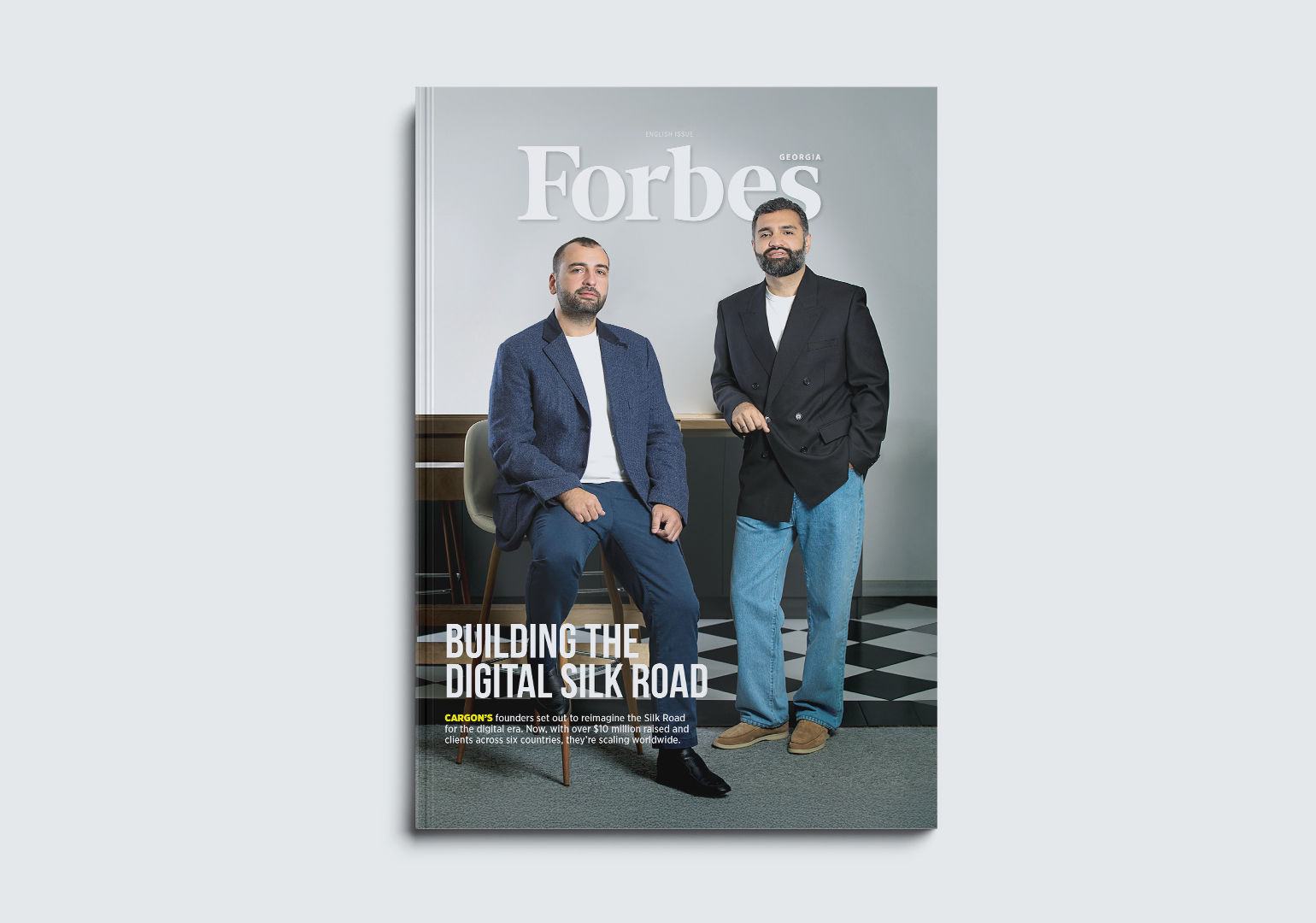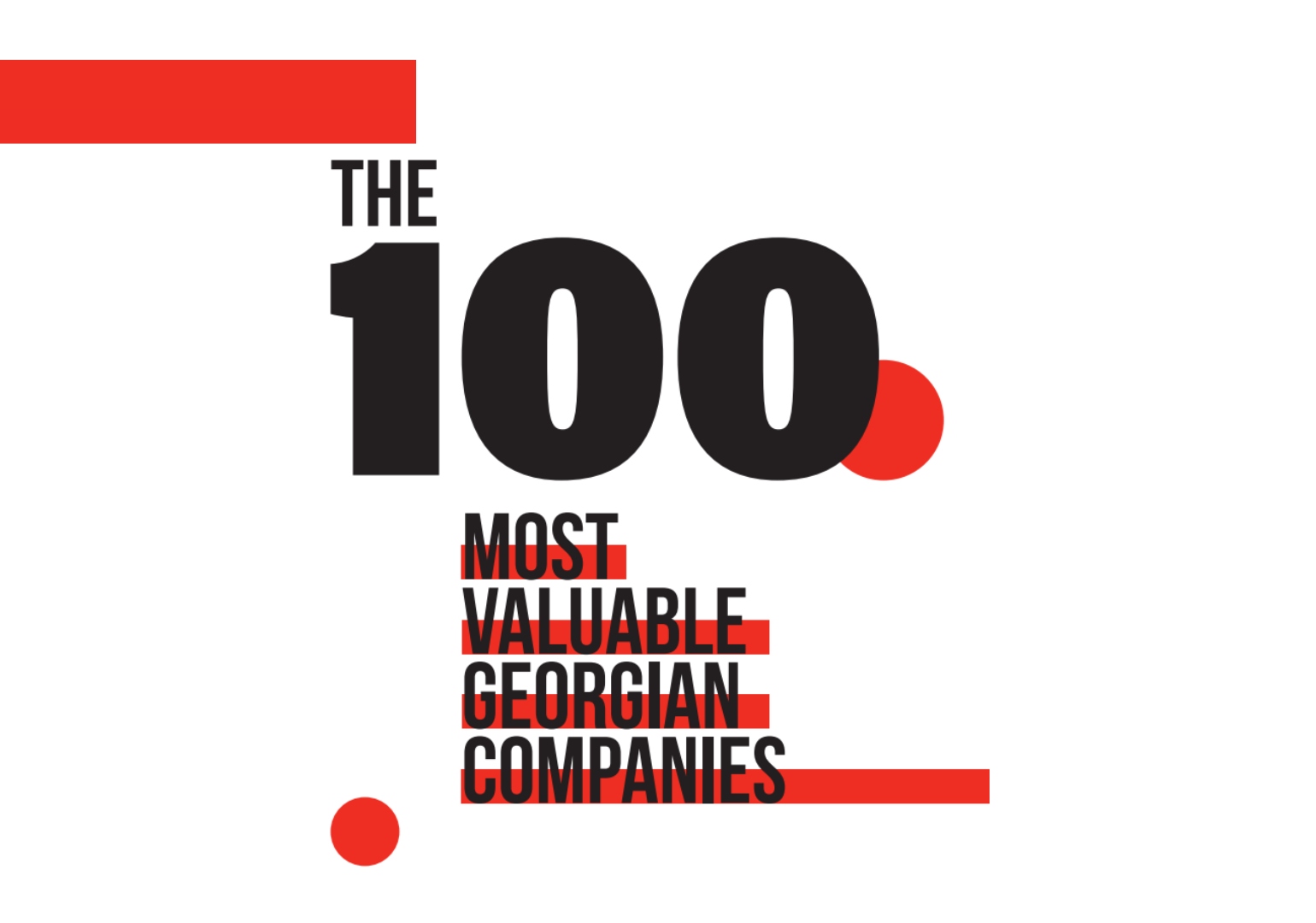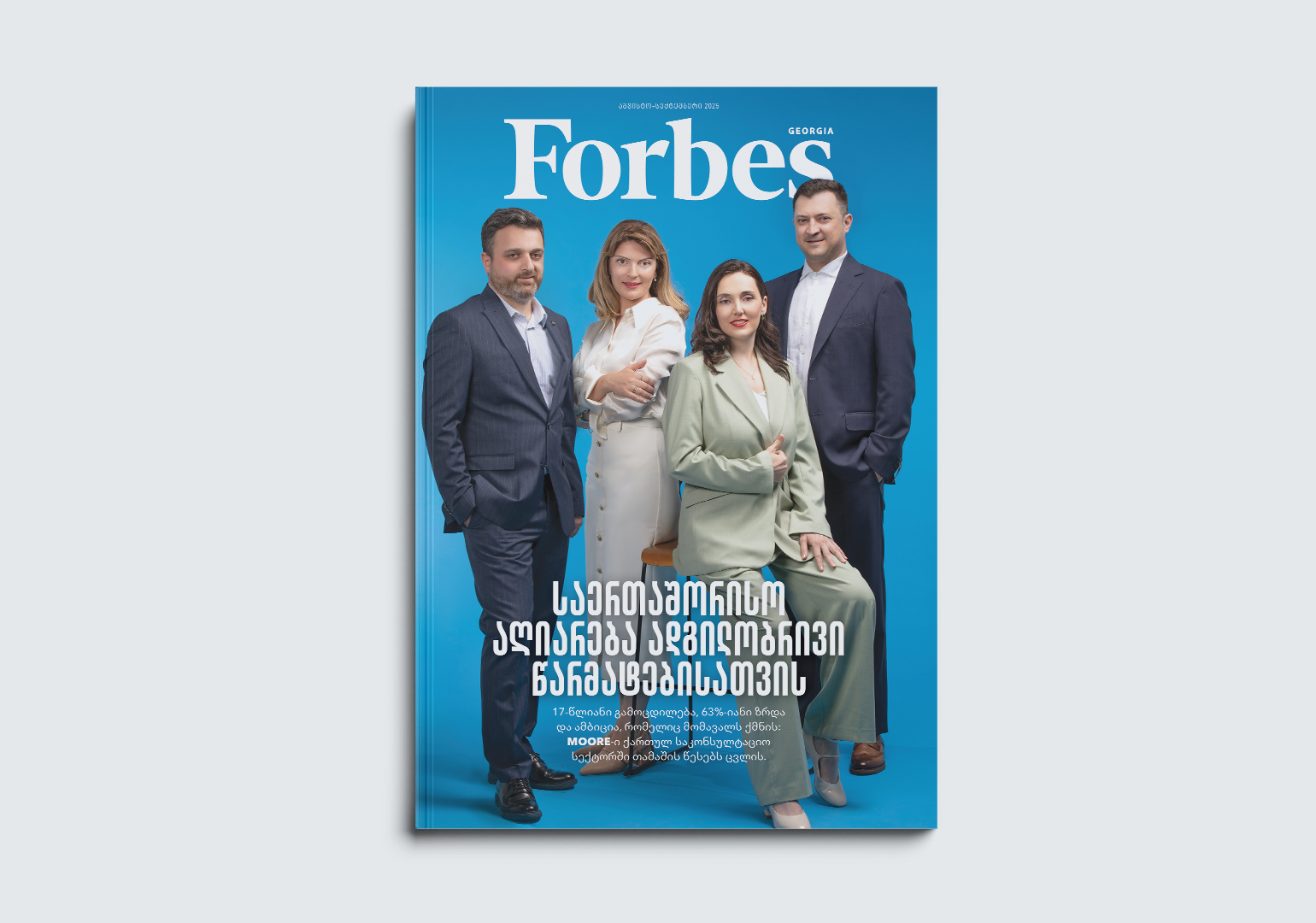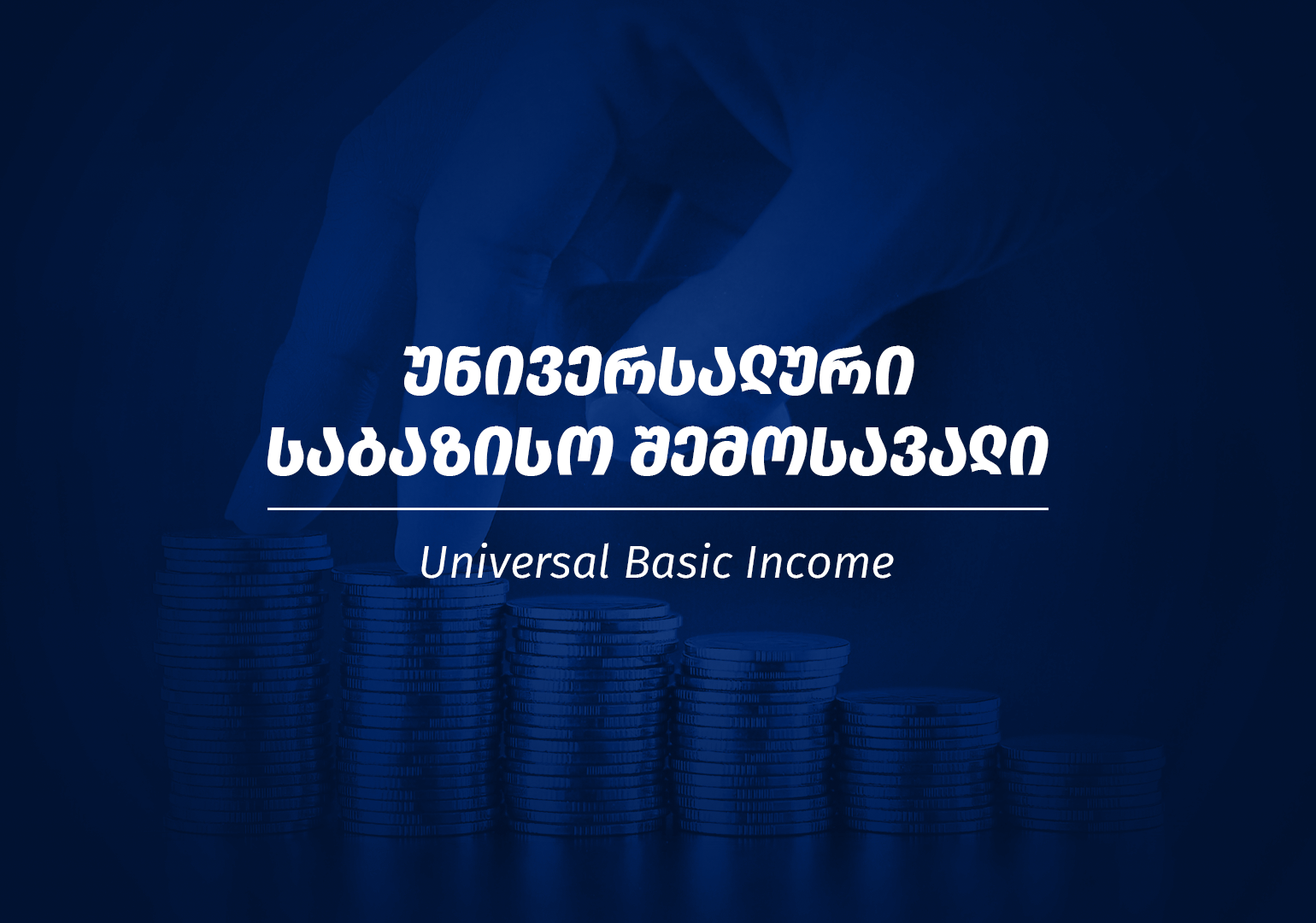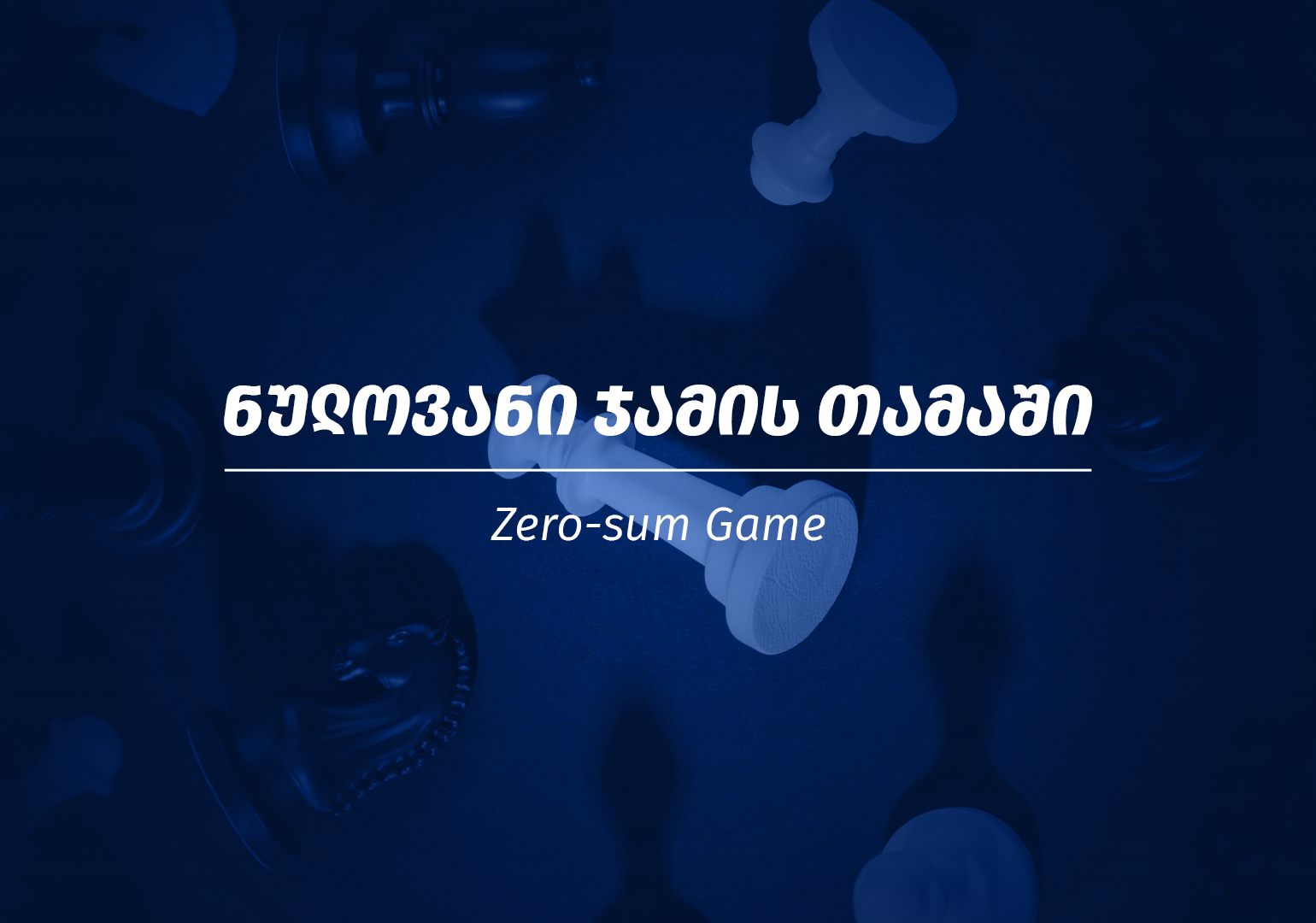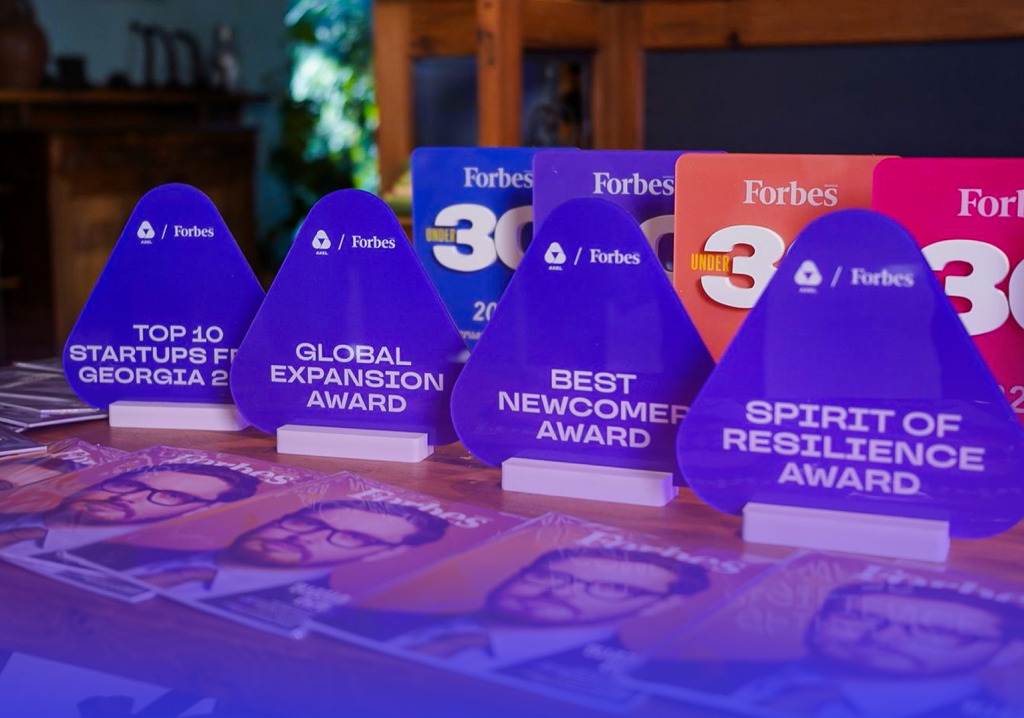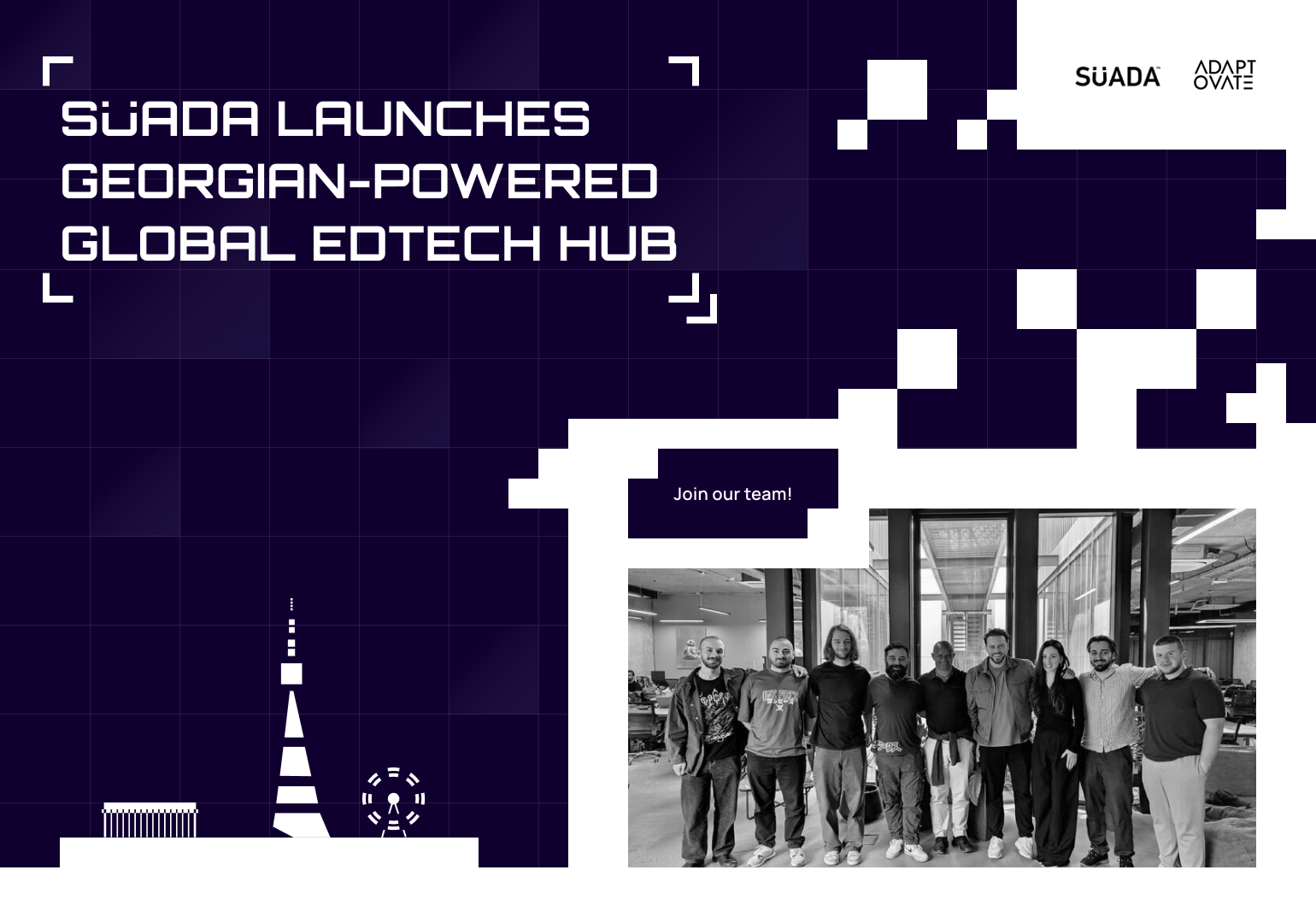Palatine Analytics is conquering the global world of Human Resources management. And its founder and CEO Archil Cheishvili has even bigger plans for their technology.
Harvard Dining Hall hummed and buzzed as lunch was served. Seated in the almost 3,000m2 Ruskinian Gothic auditorium, surrounded by large hammer beam trusses, graduate Archil Cheishvili and his friends shared their experience working for several different companies, including Bridgewater Associates, Goldman Sachs and Google.
The smell of sautéed mushrooms and grilled beef, infused with cage-free cooked eggs, filled the walnut paneled room, while Archil recalled his colleague’s sudden dismissal.
“He was very confused,” Archil explains me over Skype from the US where he’s based, “he was let go, but he had no idea why.” During the lunch with his friends, Archil was told the others too had seen similar practices at the company’s they were working at. “Everyone could come up with at least one example, and it dawned on me: why does this seem to be a persistent problem, what’s lacking?”
That small gathering, only one early afternoon enjoying lunch, good company and the geometric architecture of the dining hall, quickly developed into the friends putting their strengths together to solve this problem. And Palatine Analytics was born.
For the following year, the group worked parttime next to school and their other jobs to build the company that is now rocking the HR world. A company growing to 20 employees in a bit less than a year.
Palatine Analytics is a web-based employee development tool, using easy and quick forms to measure performance, increase productivity, and streamline HR operations. This is how it works: first of all, employees are asked to give each other feedback every week; secondly, employees set and manage their own goals and Key Performance Indicators (KPI).
“You set your goal, or you assign goals, and see how they are aligned with the company’s overarching goals,” Archil explains me, “it helps employees reach goals faster.”
But that’s not all.
The feedback and goals are also analyzed by Palatine Analytics smart algorithm. Employees learn from the data how to improve, while managers understand better how to communicate with their team members – they now know how employees are feeling, their goals, strengths and weaknesses.
And it only takes employees a few minutes each week.
“Our vision is to create super-lightweight solution,” Archil says, explaining that no one wants to spend too much time on these kinds of things, “you want to do it quick and fast. And it takes only 20 seconds to give feedback on our platform.”
The AI component of the Palatine platform offers businesses two different tools, Archil explains me. On the one hand, it predicts the employees’ future performances. “We find similarities about employee X and other employees, which allow data points from other sources to use.” After determining the industry, the employee’s results and goals, Palatine can predict future performance three months from now. “Our AI gets it right at a 70 to 80% rate, and that is extremely high,” Archil adds.
The second aspect of the AI component is its predictive ability to determine whether or not an employee is considering leaving the company. “As manager, if you know an employee might quit, you can more easily mitigate the situation and reduce the chances of them leaving your company,” Archil explains.
Its revolutionary approach has made major news headlines on publications such as Fox News and Quartz. With the data of five US and international companies in real estate, technology, and investment, Palatine found through their extensive algorithmic analysis that gender bias in the workplace exists persistently.
“Although men and women were equally as likely to set and meet the same goals—whether selling property or boosting the value of an investment portfolio—male employees were getting 25% more positive evaluations compared to women in the same position doing the same thing,” Quartz wrote about the results.
Palatine analyzed employee feedback and surveys, gender and salary information and one-onone check-ins between managers and employees, with their artificial intelligence algorithm. Ant the results didn’t lie. “Reducing this kind of bias is a very important part of our company,” Archil says about the findings of their study, adding that issues like these are one of the main reasons Palatine was founded: to ensure all employees feel fulfilled and are treated based on their ability to reach goals they set.
For Archil himself, who grew up in Georgia while it was recovering from the fall of the Soviet Union, this also meant following his own passion. Often hailed by Georgian media as the first Georgian guy to graduate from Harvard College, Archil knew from a very young age he wanted to become an entrepreneur, he tells me.
While in school, Archil would play with Pokémon cards with his friends and classmates, as any nineyear- old would at the time. But when the store burnt down where they would use to buy the cards, he decided that it wasn’t the end of it.
“So, I knew I had to find a solution, everyone was sad,” he says, “That’s when I decided to go and find a store in a different neighborhood that would have the cards.” And that’s what he did. After finding a store scouring through town, he bought several cards, went back and sold them to his friends and classmates. His thirst for entrepreneurship was born that day.
“When I was a kid I saw a lot of problems around me: poverty, healthcare, basic human needs,” he says growing up, “And these problems are what sparked my interest in business, because I knew business was the solution to these problems.”
And founding Palatine is exactly what combines his entrepreneurial passion and his wish to create a better world.
The founder’s vision is to create AI so smart, it will use its understanding of people’s strengths and weaknesses – helping anyone with their day to day life and developing a “grand vision” for anyone individually. Archil explains me that since AI is developing each day, this could allow Palatine to create a better coach than your manager within five years, he predicts. By eliminating 20% of the managers’ time spent on coaching, and automating the coaching part, companies will increase the productivity of all of their employees.
But Archil’s passion for AI does not stop at Palatine. “My wish is to make a major contribution to AI, and specifically humanoid type brains,” he envisions for the future. “The world is far away from it now, it may take a lifetime, but it would be amazing to work on something which could do many things at the same time, making our lives much easier.”
